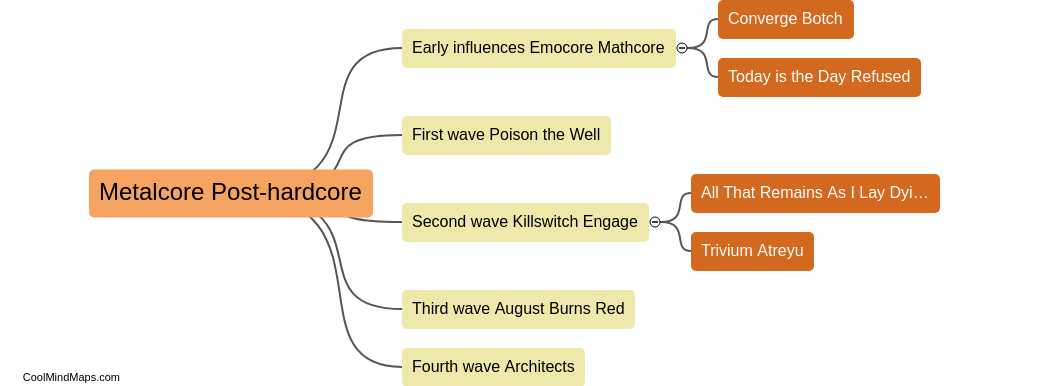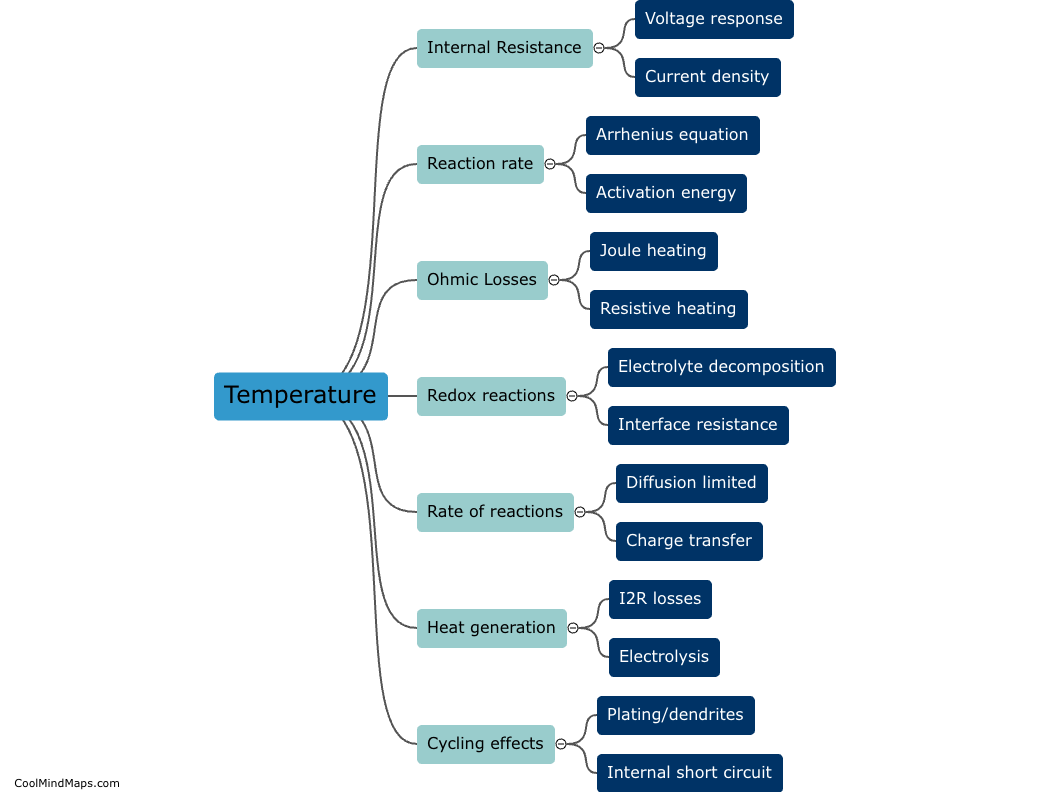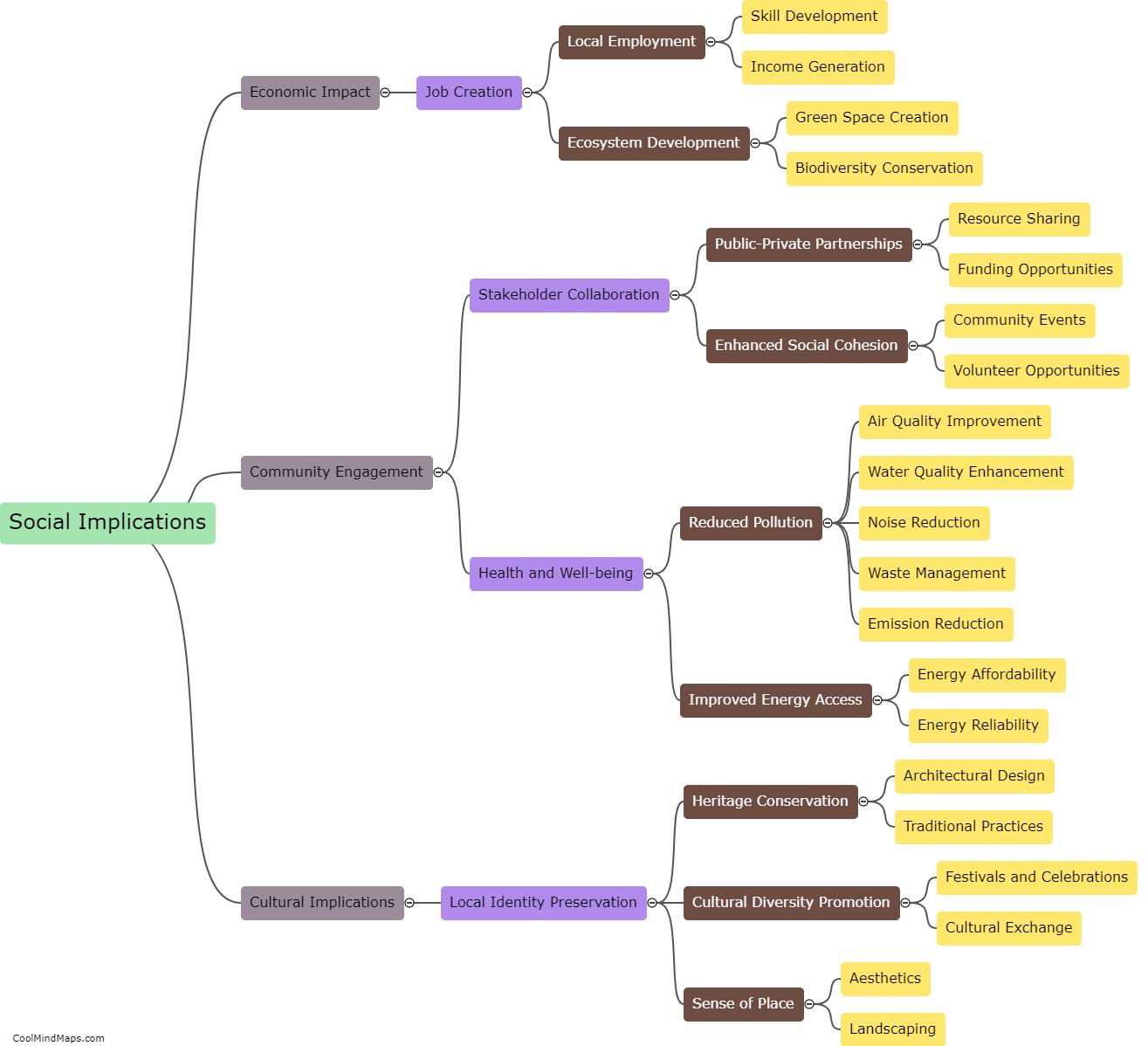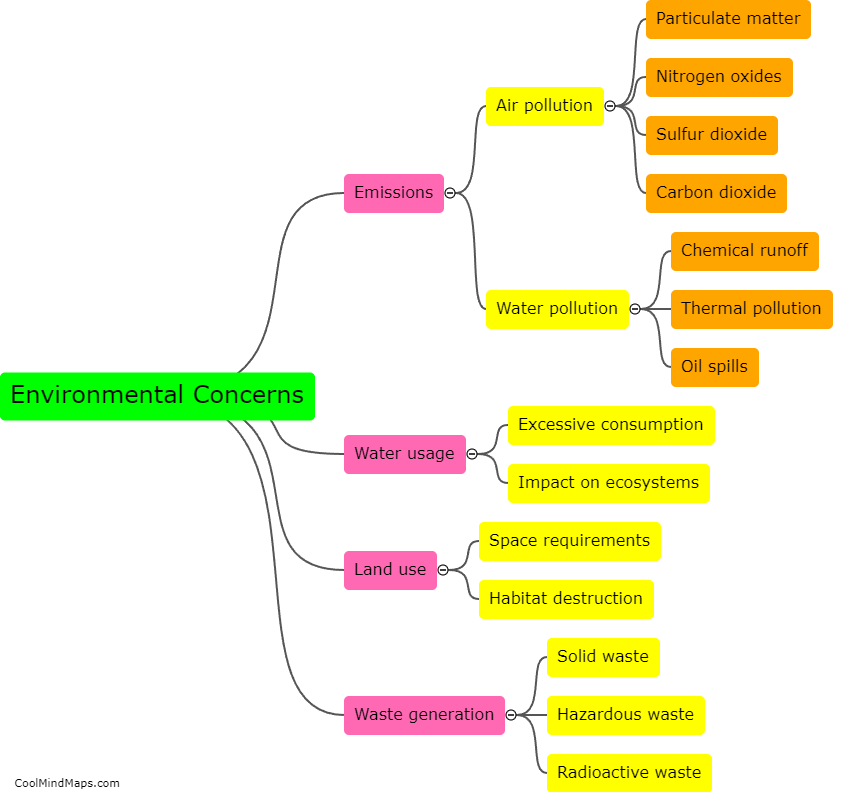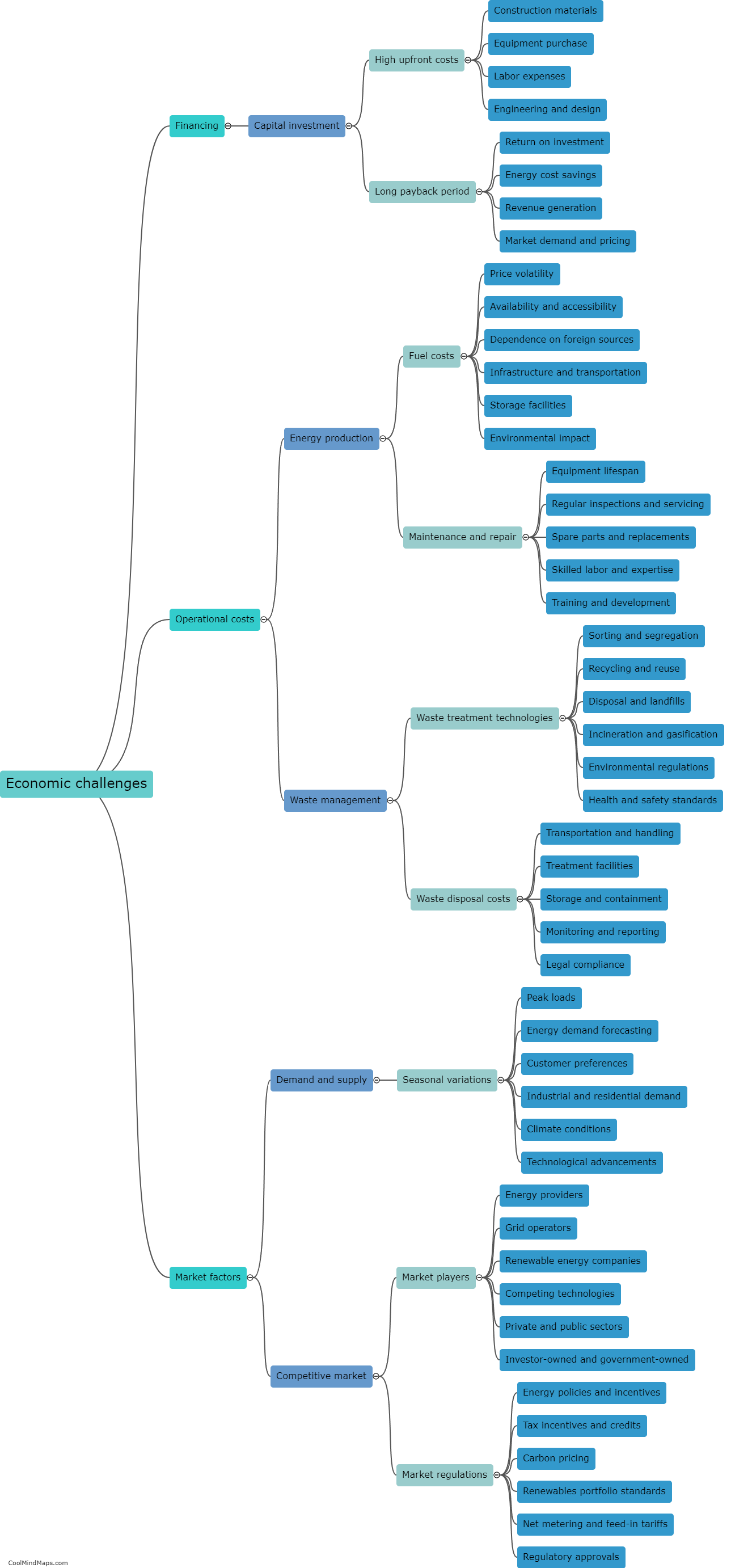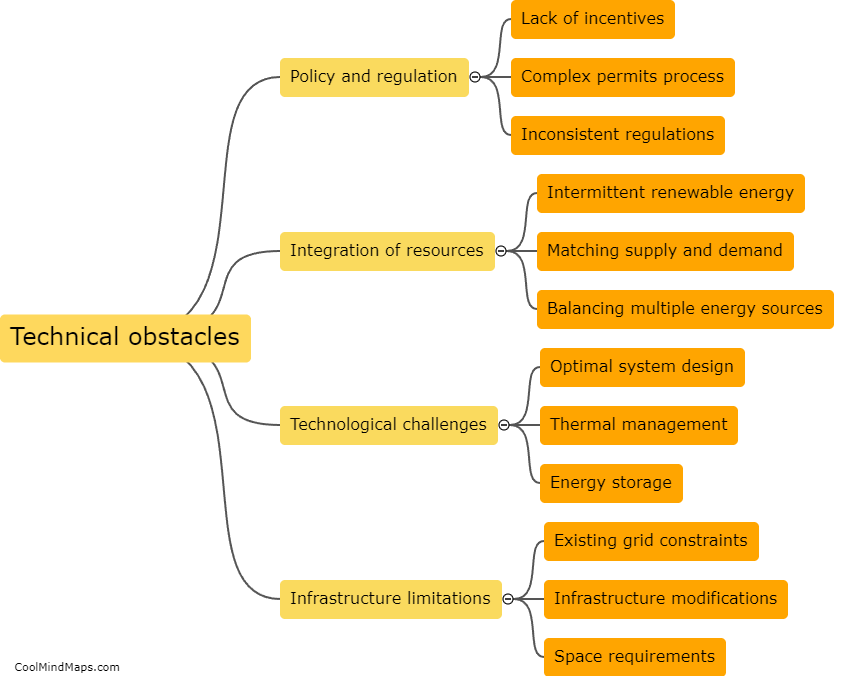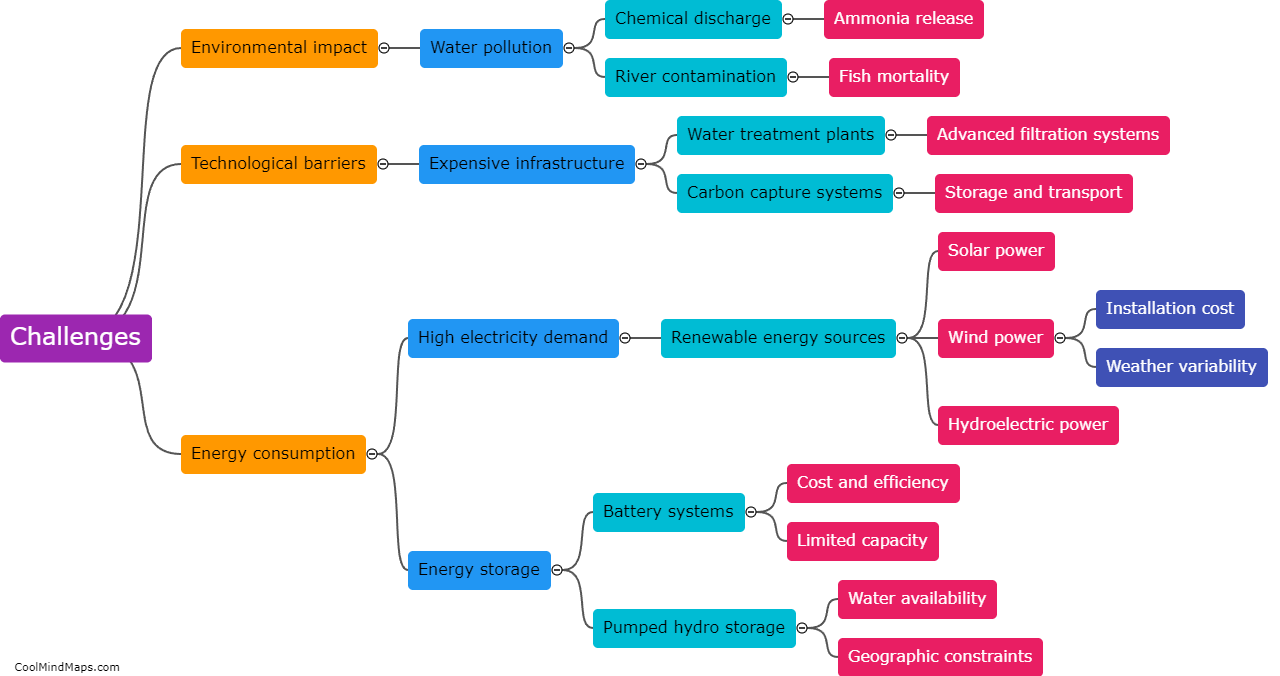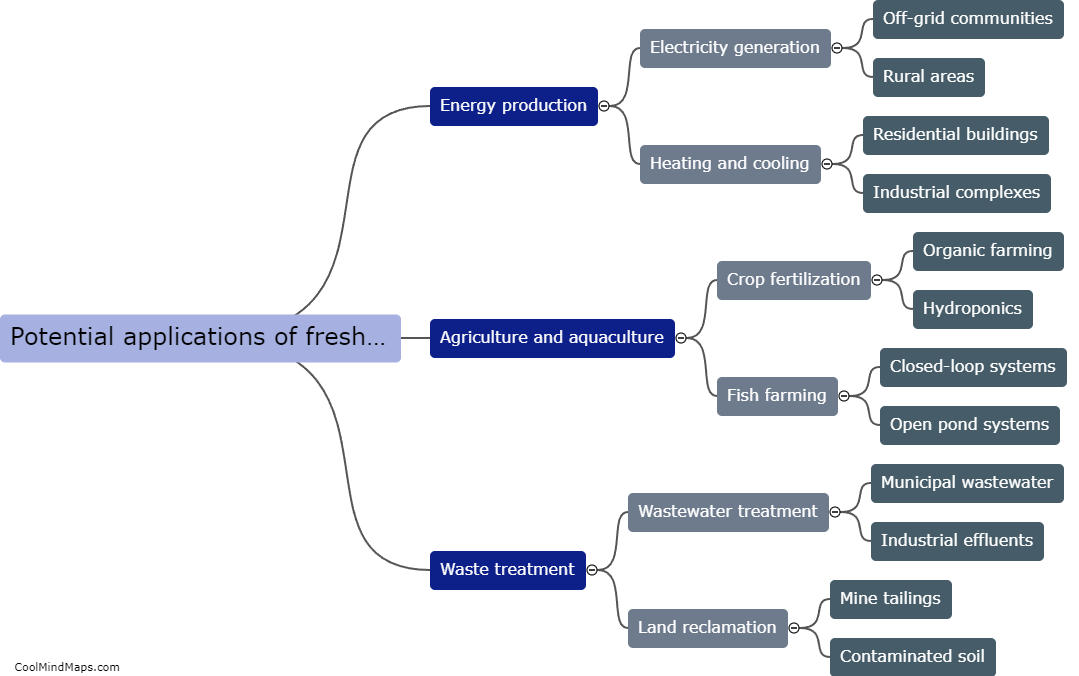What are the benefits of fresh water ammonia polygeneration?
Freshwater ammonia polygeneration refers to the simultaneous production of freshwater, ammonia, and other valuable by-products from wastewater treatment plants. This innovative approach offers numerous benefits. Firstly, it helps to tackle the global water crisis by providing a sustainable source of fresh water, a vital resource for agriculture, industries, and human consumption. Additionally, ammonia is a versatile and high-demand chemical used in various industries, including agriculture, energy, and manufacturing, making it a valuable product for revenue generation. Moreover, the polygeneration process reduces the environmental impact of wastewater treatment by recovering valuable resources from waste that would otherwise be discarded. This not only minimizes pollution but also contributes to the circular economy by promoting resource reuse and reducing the dependence on fossil fuels. Overall, freshwater ammonia polygeneration presents a promising and sustainable solution with multiple economic, environmental, and social benefits.

This mind map was published on 17 October 2023 and has been viewed 85 times.

